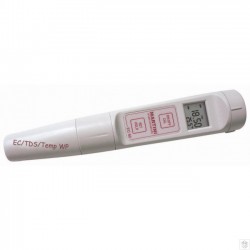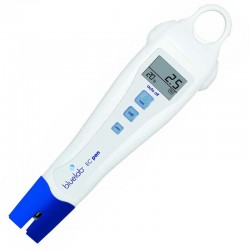-
Your shopping cart is empty!
MENU
-
Lighting
- Accessories
- Ballasts
- CDM Bulbs
- CFL Bulbs
- Contactors & Timers
- Dimlux Lighting
- Dual Spectrum +
- Flowering Bulbs
- Kits +
- LED Grow Lights
- Light Controllers
- Metal Halide Bulbs
- Propagation Lighting
- Reflectors +
- Supplementary Lighting
- Propagation +
-
Nutrients
- Organic Feeds
- Starter Packs
- Advanced Nutrients +
- Atami
- Athena
- Buddhas Tree
- Bio Bizz
- Bio Green
- Bio Tabs Organic Growing
- Canna +
- Canadian Xpress
- Demon
- Dutch Pro +
- Ecothrive
- Evoponics
- Flowerbomb
- Fox Farm
- GHE
- Great White
- Grenade
- Green Planet
- Grotek
- Growth Technology
- Guanokalong
- Hades
- House and Garden
- Hygrozyme
- Intense Nutrients
- Mammoth P
- Mills Nutrients
- Monkey Nutrients
- Moonshine
- NPK RAW
- Plagron
- Plant Magic +
- Remo Nutrients
- Rock Resinator
- Shogun
- Silver Bullet
- Skyhigh
- Superthrive
- Veg + Bloom
- Vitalink
- Voodoo Ponics
- Xtreme Gardening
-
Media
- Bio Bizz
- Canna
- Clay Pebbles
- Coco
- Ecothrive
- Gold Label
- House and Garden
- Perlite
- Plagron
- Plant Magic
- Soil
- Vermiculite
- Coco Blockz
-
Water Systems
- Alien Systems +
- Autopot +
- Correx Boards
- Fittings and Pipes +
- Hoses & Accessories
- IWS AutoDrain
- Medusa Systems +
- MegaPot +
- Oxypots
- Pumps and Air Stones +
- Water Heaters
- Water Systems
- Water Timers
- Waterbutts and FlexiTanks
- Wilma Systems +
-
Tents & Sheeting
- Accessories
- Attic Tents
- Hobby Tents
- Hydrolab
- Premium Tents
- Pro Hobby Tent
- Propagation Tents
- Secret Jardin
- Sheeting
- Tent Kits
-
Environment
- Air Conditioning
- Dehumidifiers
- Fittings +
- Ducting +
- Inline Fans +
- Box Fans
- Filters +
- Fan and Filter Kits +
- Bug Barrier
- Silencers
- Filter Stands
- Fan Controllers
- Air Movement
- Humidifiers
- Heaters
- Co2
-
Accessories
- Drying Nets
- Electrical Accessories
- Eye Wear
- Gloves
- Hangers
- Hygrometers / Thermometers
- Measuring Tools
- Microscopes
- Night Work Lights
- Ph / EC Pens / Solutions +
- Plant Supports
- Sprayers
- Storage
- Tapes
- Timers
- Trimming Tools +
- Pots & Trays +
- Odour Control +








Leave a Comment